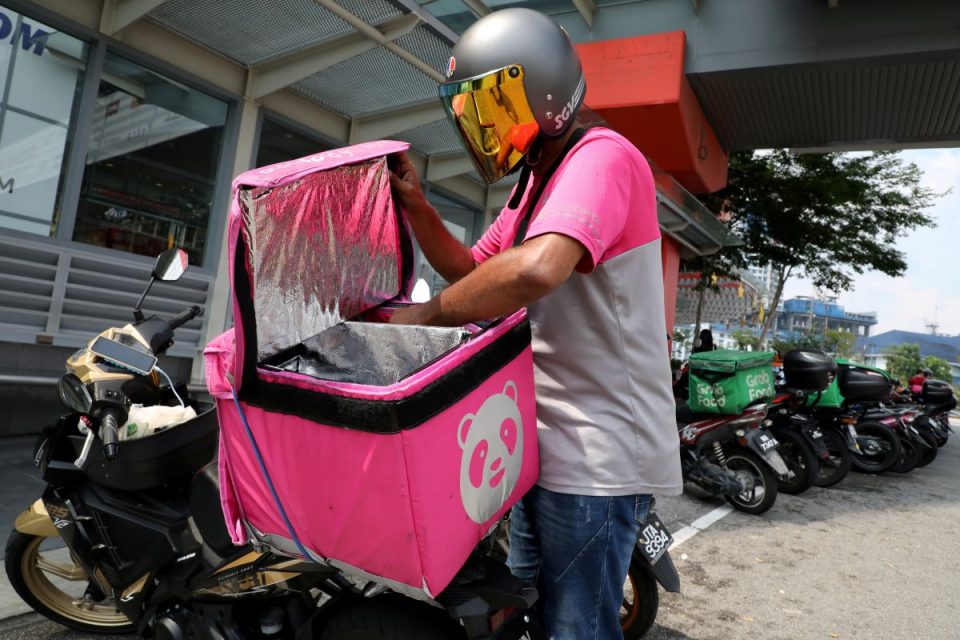KUALA LUMPUR, Oct 11 — The Ministry of Human Resources is looking to improve the implementation method or mechanism of the Kerjaya Madani Incentive so more gig sector workers can participate in the training provided.
Its minister V. Sivakumar said improvement is necessary as the programme is still not well-received by gig workers, even after it was first implemented in April.
“The ministry, via the Social Security Organisation (Socso), has taken many initiatives, including the Kerjaya Madani Incentive, to train gig workers to shift from industry to the formal sector.
“But because they were asked to attend these training, they had to forgo the salary they would have received if they had worked during the training period, which is understandably difficult for them,” he said to the press after opening the International Public Employment Forum 2023 at Kuala Lumpur Convention Centre today.
Sivakumar added there are an estimated 1.1 million gig workers at present, and efforts should be made to enable them to transition into formal industry and ensure they receive social protection.
The Kerjaya Madani Incentive focuses on three elements: the Daya Kerjaya Programme, the Technical and Vocational Education and Training (TVET) Daya Kerjaya Programme, and the Bina Kerjaya Programme, which the government launched on April 13.
Under the Daya Kerjaya programme, employers who hire long-unemployed youth, Orang Asli, women, disabled persons (OKU), the hardcore poor, persons on parole, ex-prisoners, and TVET graduates will receive financial incentives.
The Bina Kerjaya Programme, on the other hand, aims to strengthen the potential of people currently working in the informal sector to find formal employment.
This is done through Recognition of Prior Experiential Learning (RPEL), micro-credentials or professional and competency certificates, with a training subsidy of up to RM4,000 and an allowance of RM300 per month for a maximum of three months.
— Bernama





